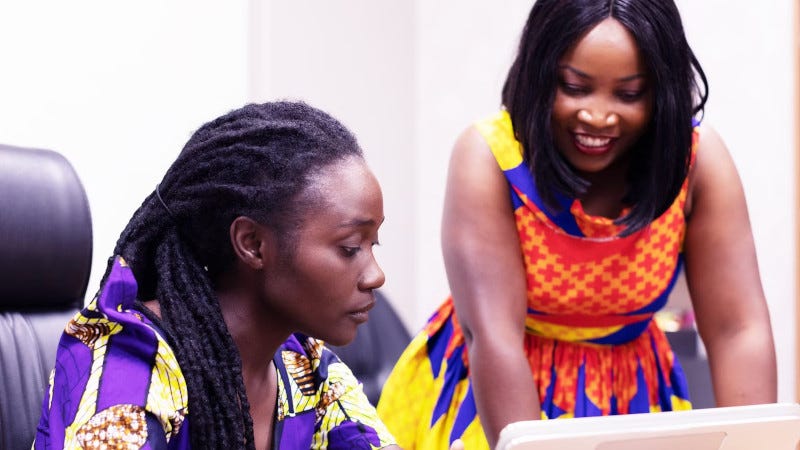Agreement Will Expand LEO Services Across Sub-Saharan Africa
Eutelsat and Q-KON Strengthen Efforts to Deliver Reliable Internet Access in Underserved Regions
A new multi-year agreement has been inked between satellite services company Q-KON and Eutelsat to expand Low Earth Orbit (LEO) satellite services across Sub-Saharan Africa. The agreement will further accelerate the delivery of high-speed, low-latency connectivity to specialized and underserved businesses and communities, particular…




